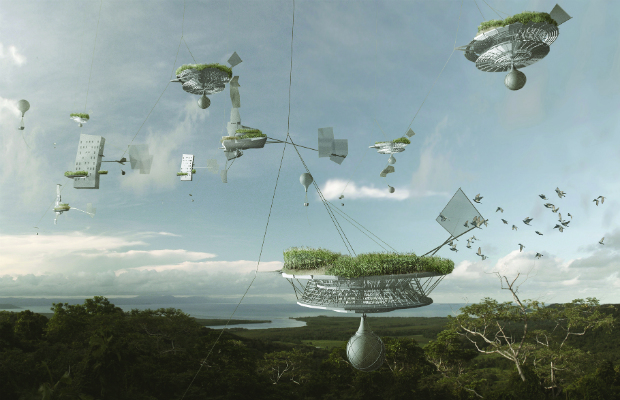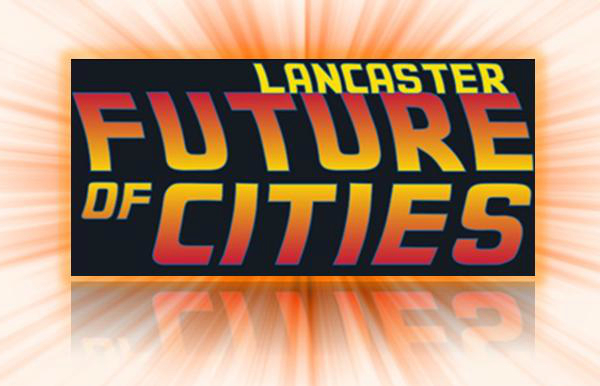Yesterday’s tomorrows: the power of the image

...above) as well as identifying the dominant paradigms of visualisation between 1900 and 2014. A history of the future Visualisations strongly reflect the points of time in which they were...

...above) as well as identifying the dominant paradigms of visualisation between 1900 and 2014. A history of the future Visualisations strongly reflect the points of time in which they were...

...infrastructure enhancement. Trend 6: Businesses restructuring to better serve city markets City savvy global firms are reorganising themselves internally, so as to better align with city-based opportunities. They are creating...

...tie between environmental concerns and references to money, with ‘everything is free’ as a particularly popular suggestion (and one rather worrying mugging by a Hargreaves-esque Mr. Nosey lookalike). There was...
...participation guidelines or approach to moderation, please contact us at go-science@bis.gsi.gov.uk. Participation guidelines When posting comments, please observe our site participation guidelines: be respectful of others who use this site...
...observe our site participation guidelines: be respectful of others who use this site stay on topic do not use language that is offensive, inflammatory or provocative (this includes, but is...

Guest post by Christopher Kennedy, University of Toronto. Over the past decade, I’ve analysed the greenhouse gas emissions for close to 30 global cities - including work for the OECD...

...the changing structure of their populations. The paper goes on to address how useful past trends are for predicting the future of cities and how well such predictions could cope...

...his most recent book 'Good cities, better lives', resonate well with some of the emerging themes in the Future of Cities project: free the cities goad city leaders to grow...

...that was then privatised, resulting in a handful of multi-national energy utilities that now dominate the landscape, owned by shareholders not citizens. With policy uncertainty and the scale of capital...

...becoming in tune with one’s adaptation and resilience style that we can change our mental models and become better at handling change. Featured image by Berthgmn on Wikimedia. Used under...